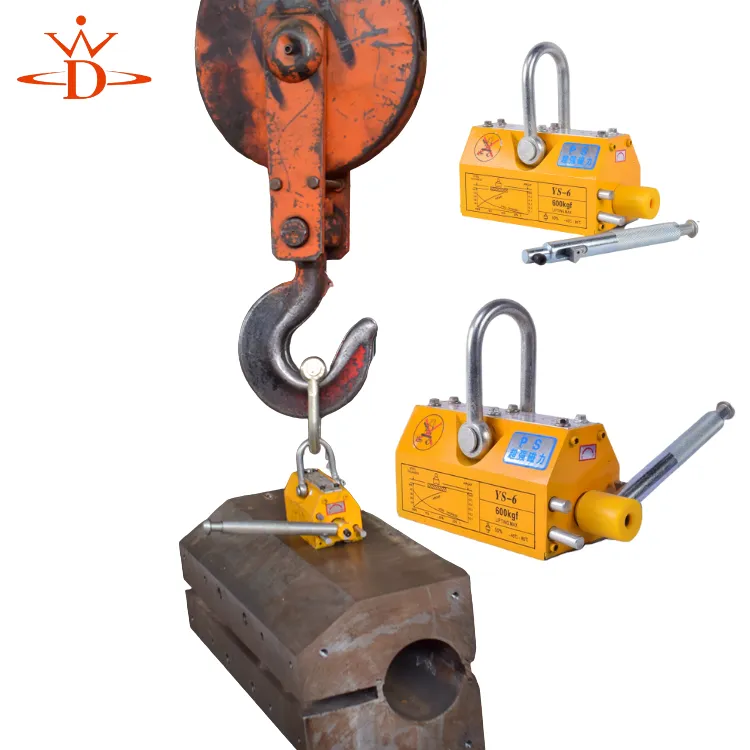Exploring the Design and Functionality of Crane Gantry Girders in Modern Construction Projects
Understanding Crane Gantry Girders Key Features and Applications
Crane gantry girders play a critical role in the heavy lifting and material handling industry. These robust structures are designed to support the weight of overhead cranes and are commonly found in various industrial settings, including manufacturing plants, warehouses, and shipyards. This article delves into the essential features, applications, and benefits of crane gantry girders, highlighting their significance in modern engineering.
Structure and Design
At the core of a crane gantry system is the gantry girder, which serves as the horizontal beam that distributes the load from the overhead crane. Typically constructed from steel or aluminum, these girders are designed to withstand considerable stresses and strains, making them essential for safe and efficient lifting operations. The design of a crane gantry girder often involves complex engineering considerations, including factors such as span length, load capacity, and environmental conditions.
Gantry girders can be classified into several types based on their configuration and application. The most common types include single girder and double girder configurations. Single girder systems are generally lighter and more cost-effective, suitable for lower lifting capacities. In contrast, double girder systems offer greater versatility and can handle more substantial loads, making them ideal for heavy-duty applications.
Applications of Crane Gantry Girders
Crane gantry girders find applications across a range of industries. In manufacturing, they are essential for moving heavy machinery, components, and products along assembly lines. In shipyards, gantry cranes equipped with these girders are used for launching vessels and managing heavy cargo. Additionally, they play a vital role in construction projects, where they aid in lifting and positioning structural elements such as steel beams and precast concrete panels.
crane gantry girder

One of the significant advantages of gantry cranes is their mobility. Many gantry systems are designed to be portable, allowing them to be moved easily from one location to another. This feature is particularly beneficial in construction sites or manufacturing facilities where space is limited, and lifting needs may vary.
Benefits of Crane Gantry Girders
The use of crane gantry girders offers numerous benefits, including enhanced safety, improved efficiency, and cost-effectiveness. By using these systems, industries can reduce the risk of accidents associated with manual lifting operations, leading to a safer working environment. Furthermore, gantry cranes can significantly speed up material handling processes, resulting in increased productivity.
Moreover, crane gantry girders contribute to lower operational costs. They minimize the need for additional lifting equipment and can be equipped with various lifting attachments to accommodate different loads and tasks. This versatility allows businesses to optimize their operations while keeping expenses in check.
Conclusion
Crane gantry girders are indispensable components of modern industrial operations, enabling efficient and safe lifting of heavy loads. As industries continue to evolve, the demand for effective material handling solutions will only grow. By understanding the features and applications of crane gantry girders, businesses can make informed decisions about their lifting equipment needs, ultimately enhancing productivity and ensuring a safe working environment. Whether in manufacturing, construction, or shipping, the significance of crane gantry girders cannot be overstated, making them a cornerstone of contemporary engineering practices.
-
Unlock Seamless Relocation with Our Heavy Equipment Moving ExpertiseNewsJun.06,2025
-
Unleash Unrivaled Flexibility with Our Adjustable Gantry CraneNewsJun.06,2025
-
Unleash Heavy-Duty Efficiency with Our Industrial Gantry Crane SolutionsNewsJun.06,2025
-
Revolutionize Steel Handling with Our Magnetic Lifter RangeNewsJun.06,2025
-
Master Equipment Mobility with Premium Machinery Mover SolutionsNewsJun.06,2025
-
Elevate Your Material Handling with Magnetic Lifter TechnologyNewsJun.06,2025
-
YS Permanent Lifting Magnets: The Smarter Way to Handle SteelNewsMay.22,2025
